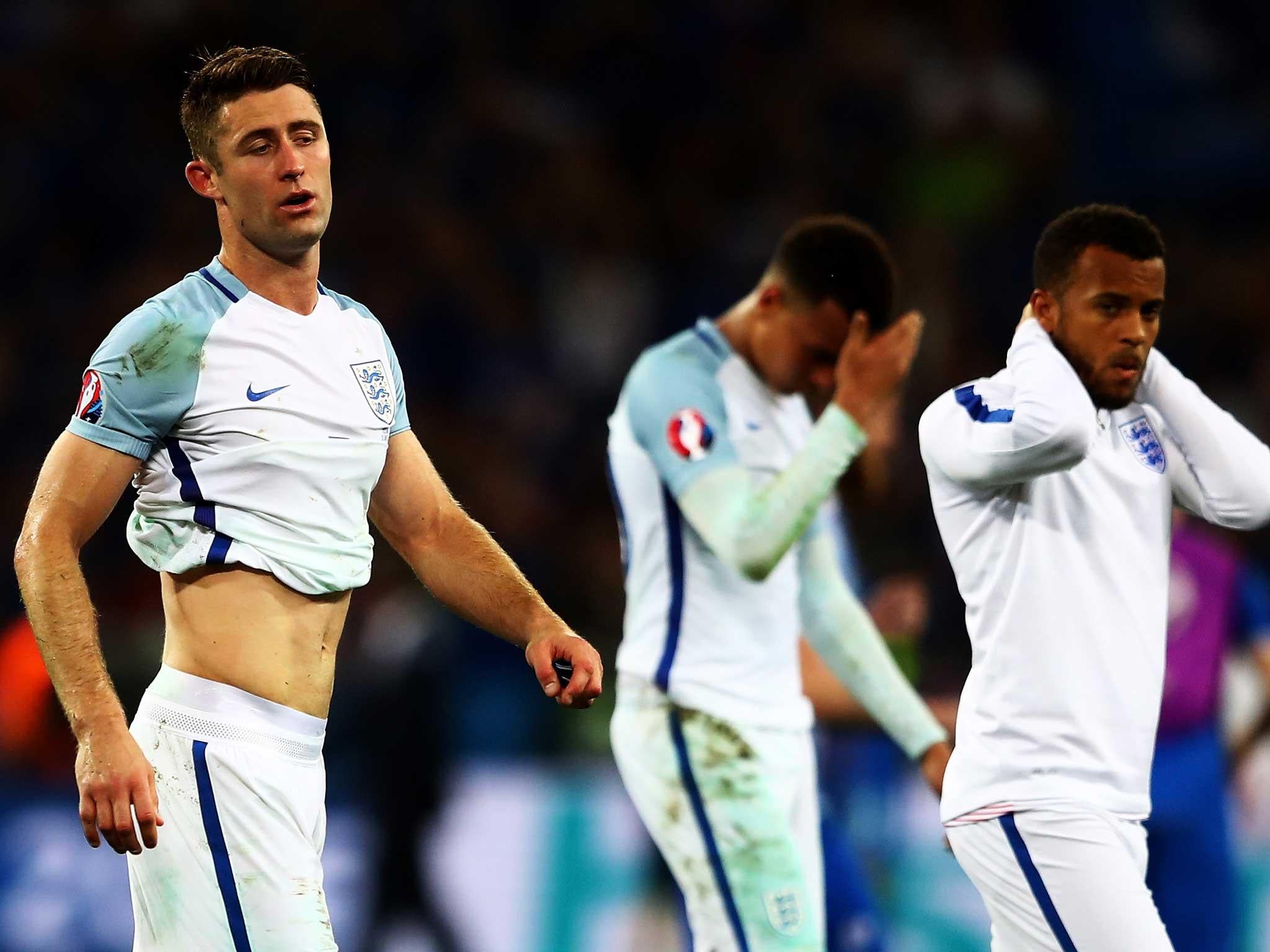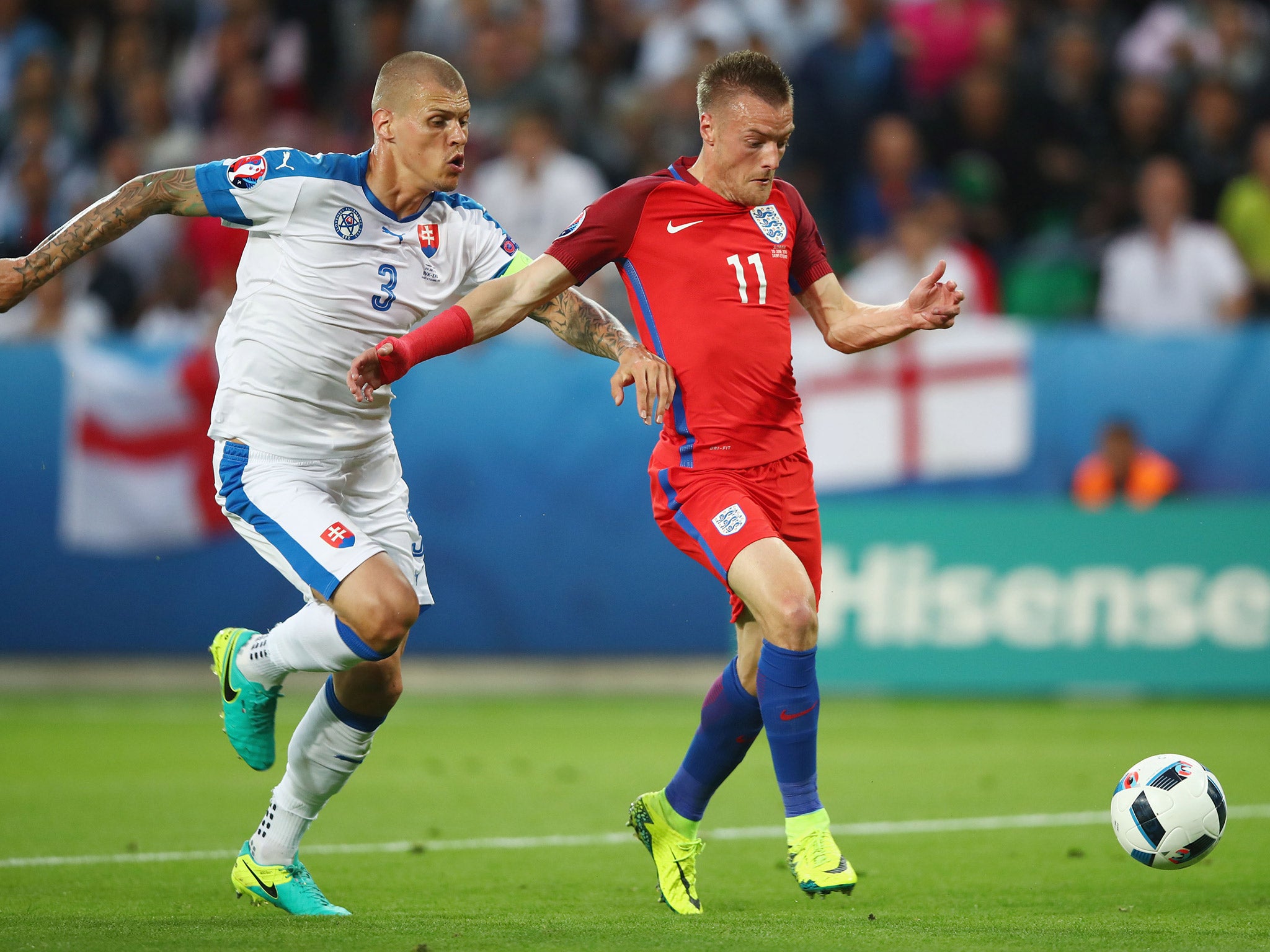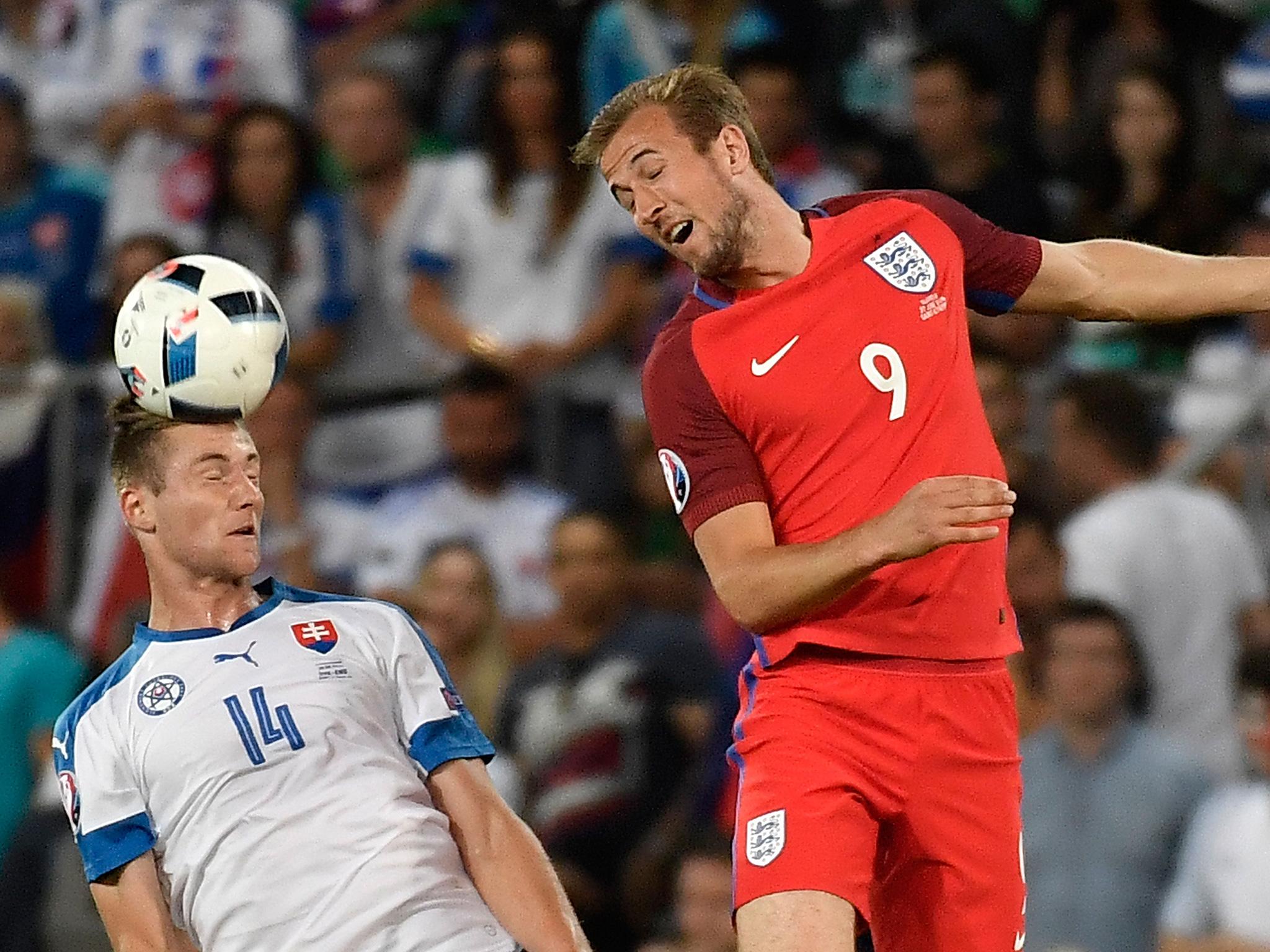Euro 2016 post-mortem: Where did it all go wrong for England and Roy Hodgson after yet another abject failure?
As England crash out of another major tournament, Mark Ogden tries to get to the bottom of what went wrong for Hodgson's boys in France

England have suffered Euro 2016 humiliation following the second round exit against Iceland.
Despite arriving at the tournament with high hopes of success with an emerging young team, England are now searching for a new manager following the Hodgson’s resignation in the wake of the dismal performances in France.
So how, and where, did it all go wrong?
Q: Why could Hodgson not settle on a formation?
A: The England manager wanted flexibility and the ability to switch systems to accommodate different players, sometimes operating with Harry Kane as a lone forward, other times deploying Jamie Vardy and Daniel Sturridge as twin strikers. There was no desire to return to 4-4-2, but Hodgson was keen to have the option to play a diamond formation of 4-2-3-1. His determination to accommodate Wayne Rooney as a central midfielder also contributed to the two-man holding midfield.
VERDICT: The lack of certainty led to confusion, with the players falling between two systems and not being particularly impressive in either. Hodgson displayed his own lack of a clear plan and left England resembling a group of players who had been thrown together.

Q: Was it really necessary to make six changes in the final group game against Slovakia, with the 0-0 draw costing England top spot in Group B?
A: Hodgson wanted to rotate his squad to inject freshness and save the legs of key players for the knock-out stages. Vardy and Sturridge were selected after scoring against Wales and both full-backs were changed, with Wayne Rooney also omitted form the starting line-up. Hodgson also wanted to give Jack Wilshere competitive action.
VERDICT: The insipid performance against Iceland suggested that Hodgson was right to be concerned about fatigue, but six changes was too many. Had his strongest team played from the start, perhaps the game would have been won early enough for changes to be made and players rested in the second-half. And a win would have secured top spot and a softer route to the final, although nobody could suggest that Iceland was not a favourable draw.
Q: Why was Wayne Rooney deployed in midfield having never played there before for England?
A: Hodgson claimed to have been considering the switch in recent months, but he was convinced by Rooney’s performance in that position for Manchester United during the FA Cup final victory over Crystal Palace.
VERDICT: Rooney impressed in flashes in midfield, but why was he not deployed there during the warm-up friendlies? The move smacked of desperation on Hodgson’s part – desperation to squeeze his captain into the team having decided he was no longer able to claim a place as a forward.
Q: Why was Jack Wilshere selected after missing almost the entire Premier League season due to injury?
A: Hodgson was hypnotised by Wilshere’s match-winning performance against Slovenia in the qualifying campaign 12 months ago and was always determined to find a place in his squad for the Arsenal midfielder. Wilshere’s ability to create, carry the ball forward and change games earned him selection ahead of the in-form, and fit, Danny Drinkwater.
VERDICT: Wilshere’s performance against Wales highlighted his lack of fitness and match sharpness and he did no better as a substitute against Iceland. Ultimately, his selection denied Hodgson the services of a fit alternative and he added little to the Euro 2016 campaign.

Q: Raheem Sterling could not make the Manchester City side at the end of the season, so was he worth the faith shown him in by England?
A: Like Wilshere, Sterling earned his selection for the squad on the basis of his previous performances for Hodgson and England, with the manager displaying loyalty towards the winger. Hodgson believed Sterling’s pace and ability to cut inside would trouble defences and create chances for his forwards.
VERDICT: In a campaign blighted by poor performances, Sterling was one of the worst. Lack of game intelligence in the final third renders him a luxury that England cannot afford and it is difficult to understand how he was selected ahead of the more in-form Andros Townsend – a player who has also impressed at international level.
Q: Should Joe Hart have been subjected to greater competition and even dropped?
A: Hodgson has consistently backed Hart and given the Manchester City goalkeeper little serious competition during the last four years, retaining belief in his top-level quality and Champions League experience.
VERDICT: The loss to injury of Jack Butland ahead of the tournament denied Hodgson the chance to assert real pressure on Hart, but dropping him after the mistake against Wales would have been a bold move. However, Hart’s place is now under serious threat and Hodgson would have had a big call to make had England beaten Iceland.
Q: Did Ross Barkley really deserve a place in the squad ahead of Andros Townsend or Danny Drinkwater?
A: Hodgson rates Barkley as a rising talent in the English game and was wary of damaging his progress and development by omitting him from the squad.
VERDICT: From the moment the squad was announced, it was difficult to see how and when Barkley would see action on the pitch. Another luxury selection, one which denied selection for a more pragmatic option such as Drinkwater.

Q: Harry Kane taking corners?
A: Hodgson believed that the Tottenham forward’s delivery of a set-piece was the best in the squad – a quality which served greater value than his presence in the penalty area.
VERDICT: If a centre-forward is the team’s best corner taker, what does it say about the midfielders’ or full-backs’ ability to cross a ball? Kane was denied goal-scoring opportunities by not being in the box when crosses were delivered and the tactic will likely define England’s awful campaign.
Q: The fatigue factor? A valid excuse or does Wales’ progression to the quarter-finals negate that theory?
A: England’s players were given regular days off in France and also handed a domestic build-up, with friendlies in England rather than abroad. Everything was done to keep the players fresh.
VERDICT: England’s players do suffer from a lengthy season without a winter break, but with Wales preparing for a quarter-final this week, burn-out is a difficult card to play.
Join our commenting forum
Join thought-provoking conversations, follow other Independent readers and see their replies
Comments
Bookmark popover
Removed from bookmarks